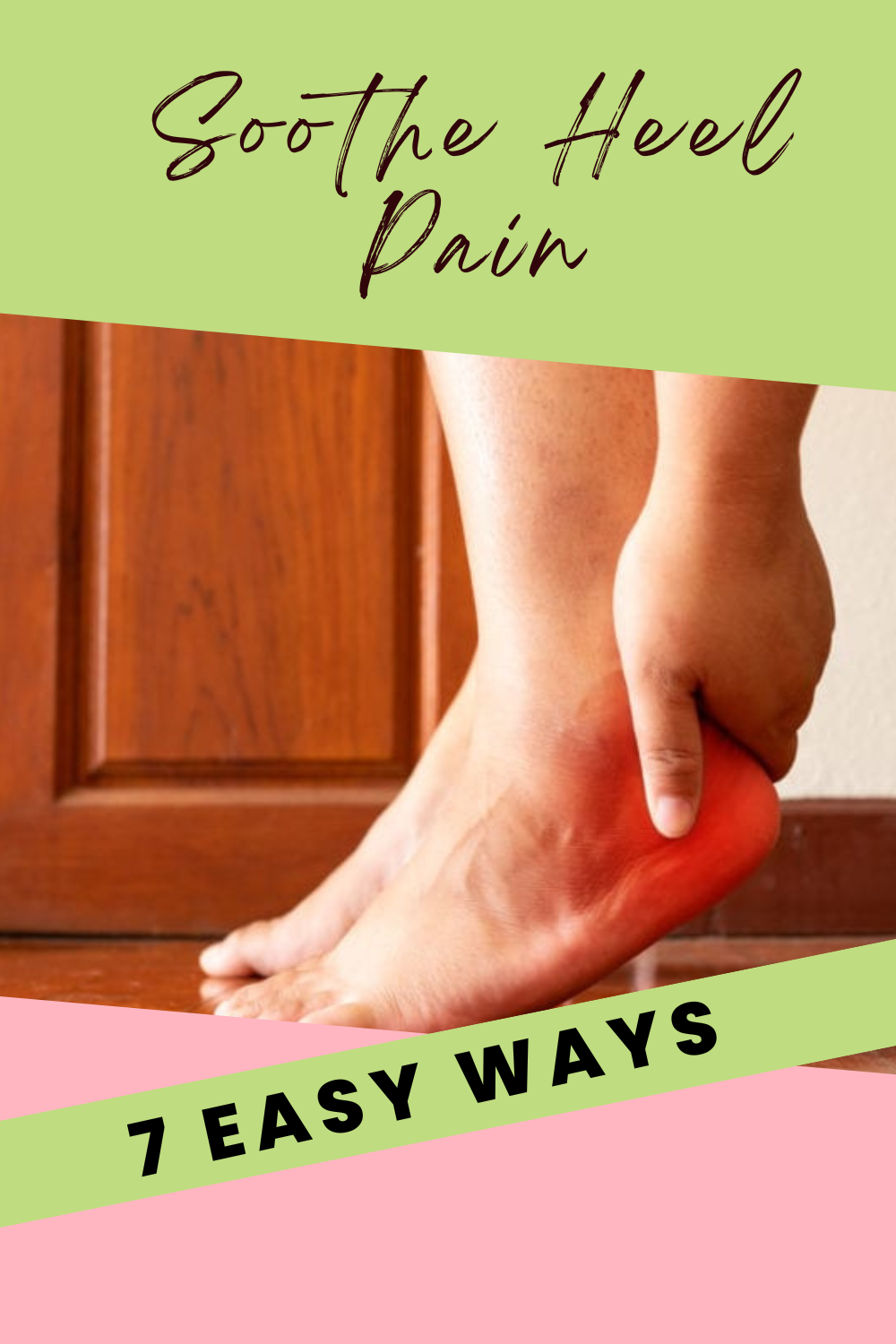How to Treat Heel Pain: Tips and Strategies
Heel pain can be a frustrating and debilitating issue that affects many people. Fortunately, there are steps you can take to alleviate the discomfort and prevent further problems. Here are some strategies to consider when dealing with heel pain:
1. Rest: The first and most important step is to give your feet a chance to recover by staying off your feet as much as possible for a few days. Failure to do so could exacerbate the injury. A combination of rest and other remedies, such as over-the-counter pain relievers and ice, should resolve most acute injuries. However, if symptoms persist or worsen, seek medical attention.
2. Over-the-counter pain relievers: Ibuprofen or acetaminophen can help reduce swelling and inflammation, making your feet feel better. Ice is also effective in reducing swelling and inflammation. If you don't have an ice pack, try rolling a frozen bottle of water under each foot for a few minutes daily.
3. Upgrade your shoes: Investing in a new pair of shoes with extra arch support, memory foam footpad or slipping gel insoles into your shoes may help alleviate the pain. Avoid walking barefoot as much as possible, and don't walk on any uneven surfaces as this can contribute to the pain.
4. Stretching: Flexing and stretching your feet can help alleviate pain, according to the American Academy of Orthopaedic Surgeons. Stretching your calf muscles can also improve your heel pain. If you must exercise, try low-impact exercises such as yoga, biking or swimming.
5. Lose weight: Carrying extra weight puts stress on your legs and feet, leading to pain and other health issues. Losing weight through diet and exercise can help relieve the stress on your lower limbs and improve your overall health. Talk to your doctor about adopting a healthy lifestyle or try low-impact exercises.
6. Consult a doctor: If heel pain persists for more than a few weeks, see a doctor. Your primary care doctor may recommend custom shoes, orthotics, or a special split at night. In some cases, the doctor may try a shot of cortisone to relieve inflammation. He or she may also refer you to physical therapy or a podiatrist to further investigate the problem.
In conclusion, heel pain can be debilitating, but it can also be treated with the right steps. Incorporating these strategies into your daily routine can improve your overall health and alleviate the discomfort associated with heel pain.












No comments:
Post a Comment